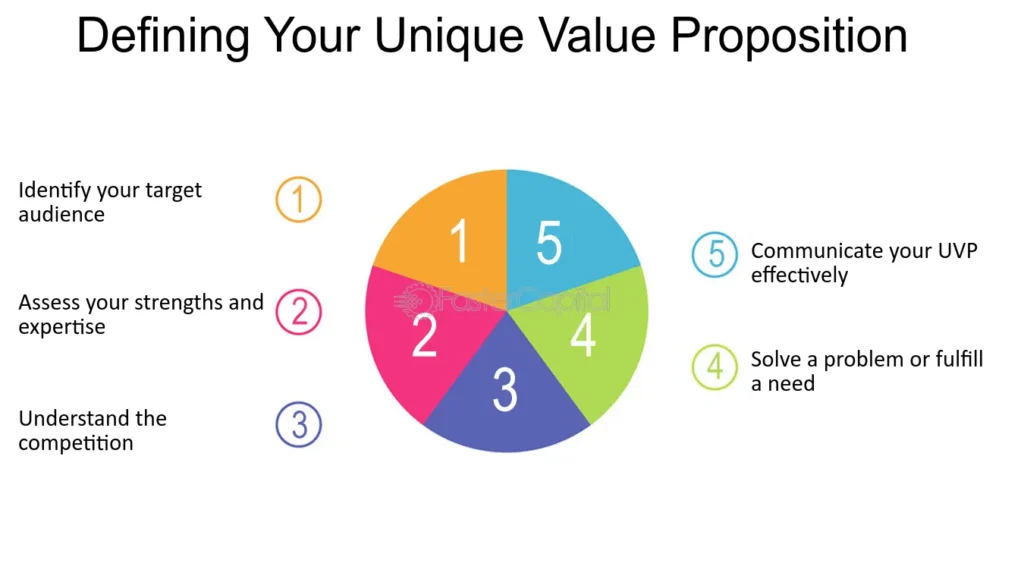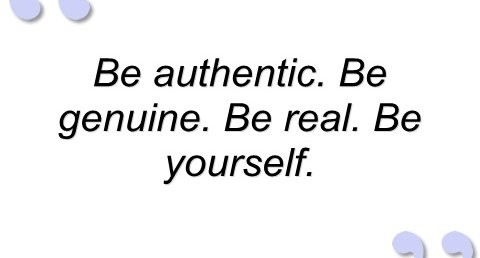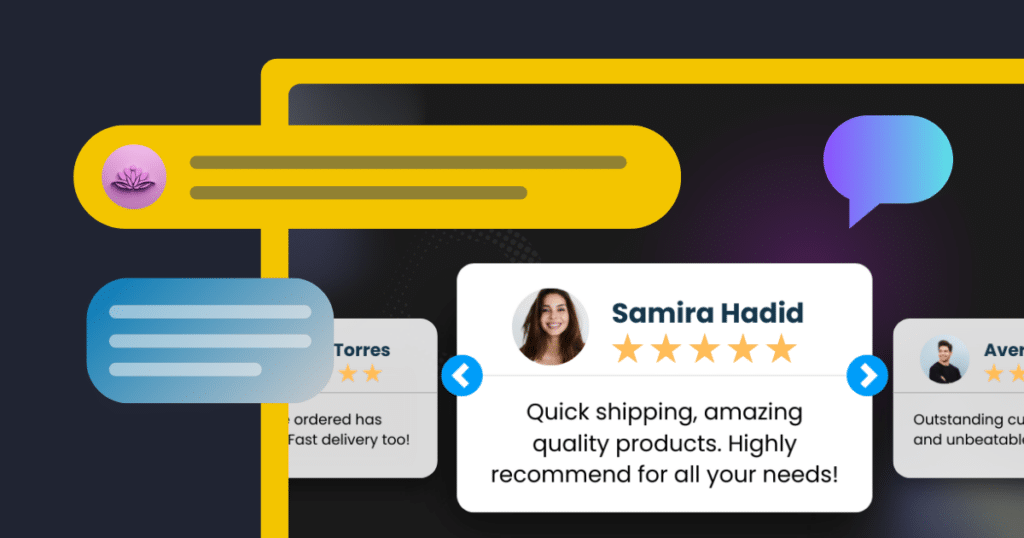Building a personal brand is more important than ever in today’s highly connected and competitive world. Whether you’re an entrepreneur, freelancer, or professional climbing the corporate ladder, your brand sets you apart and communicates your value to the world. With the rise of digital platforms, it’s easier to establish a presence, but it also requires careful thought and consistency.
Here’s a guide on how to build a strong personal brand in a digital world.
1. Define Your Unique Value Proposition
Before building your brand, you must understand what sets you apart. This is your unique value proposition (UVP)—a clear statement that communicates who you are, what you do, and how you can help others. Consider your strengths, skills, passions, and experiences.

Steps to define your UVP:
- Identify your strengths: What skills or talents do you possess that others find valuable? What do you excel at?
- Determine your passions: What are you genuinely interested in and love talking about?
- Recognize your target audience: Who do you want to reach with your brand? What problems do they have, and how can you solve them?
For example, if you’re a graphic designer who specializes in branding for startups, your UVP could be: “Helping startups bring their vision to life with impactful and creative branding solutions.”
2. Be Authentic and True to Yourself
Authenticity is at the heart of a strong personal brand. People are drawn to those who are genuine, transparent, and consistent in their message. In a digital world filled with noise, being your authentic self can help you connect more deeply with your audience.

Tips for being authentic:
- Show your personality: Don’t be afraid to share your quirks, opinions, and unique perspective.
- Be consistent: Whether it’s your tone, values, or messaging, ensure that your brand remains consistent across all platforms.
- Share your story: People love hearing about personal journeys. Sharing challenges, successes, and even failures humanizes your brand and makes it relatable.
3. Develop Your Online Presence
Your online presence is the foundation of your brand. It’s where people will go to learn more about you, and it needs to be polished, professional, and consistent across platforms.

Key platforms to establish your presence:
- Personal Website: A website is your digital home. It should showcase your work, provide a biography, and include a blog or portfolio. It’s the one space you control fully and is a great place for people to learn about you and your offerings.
- LinkedIn: The premier platform for professionals, LinkedIn allows you to connect with industry leaders, share insights, and showcase your experience. Make sure your profile is fully optimized, with a professional headshot, strong headline, and detailed experience section.
- Social Media: Platforms like Instagram, Twitter, and Facebook can help you connect with a wider audience. Choose the platforms that best align with your brand and consistently post valuable content that resonates with your target audience.
4. Create High-Quality Content
Content is a powerful way to showcase your expertise and add value to your audience. Whether it’s blog posts, videos, podcasts, or social media updates, high-quality content can help establish you as a thought leader in your field.

Tips for creating impactful content:
- Share insights and knowledge: Don’t be afraid to give away useful information. Providing value positions you as an expert and builds trust with your audience.
- Stay consistent: Consistency is key when building your brand. Create a content calendar to ensure you’re regularly sharing valuable content.
- Use storytelling: Storytelling is one of the most effective ways to engage your audience. Share case studies, personal anecdotes, or behind-the-scenes stories to make your content more relatable.
5. Network and Build Relationships
Your brand is not just about what you present online; it’s also about the relationships you build. Networking allows you to connect with industry peers, potential clients, and influencers who can help amplify your brand.

Tips for effective networking:
- Engage online: Comment on posts, join relevant groups and share other people’s content to build relationships within your industry.
- Attend events (virtual or in-person): Conferences, webinars, and networking events are great opportunities to meet people in your field and share your expertise.
- Collaborate with others: Collaborations, whether through guest blogging, podcasts, or joint projects, can help you reach new audiences and enhance your credibility.
6. Leverage Testimonials and Reviews
Social proof plays a huge role in shaping your personal brand. Testimonials and reviews provide evidence that you deliver on your promises and offer value to your audience. Collect positive feedback from clients, colleagues, or mentors, and display them on your website and LinkedIn profile.

How to gather testimonials:
- Ask past clients or collaborators: If you’ve worked with someone on a successful project, ask them to provide a brief testimonial about their experience.
- Include specific results: Testimonials that highlight specific results or benefits are more impactful.
- Share reviews on social media: When someone gives you positive feedback, share it on your social media platforms to build trust and credibility.
7. Keep Evolving
Your personal brand isn’t static—it evolves as you grow and adapt in your career. It’s important to continuously refine and update your brand as your skills, experiences, and career goals change.

How to keep your brand evolving:
- Stay current: Keep up with industry trends and incorporate them into your content and branding efforts.
- Reassess your goals: Periodically check in with your personal and professional goals. If they shift, make sure your brand reflects these changes.
- Seek feedback: Ask your audience, mentors, or colleagues for feedback on your brand. Constructive feedback can help you identify areas for improvement.
Conclusion
Building a strong personal brand in the digital world requires a mix of authenticity, consistent content creation, networking, and adaptability. By understanding your unique value, establishing a professional online presence, and continuously engaging with your audience, you can create a personal brand that stands out, builds trust, and opens doors for new opportunities. Remember, your brand is your reputation—invest time and effort into shaping it into something you’re proud of.
















